Programas con titulaciones oficiales en Panamá, Colombia, Ecuador y México y convenios con UMECIT, IPIA y Fundación Universitaria Los Libertadores.
Intensive programmes
Extracurriary programs focused on bringing the world closer to the youngest of technology: programming, artificial intelligence, electronics, video games, cybersecurity, etc...
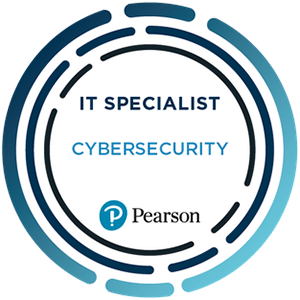
The programme is designed to train experts in the acquisition and forensic analysis of digital evidence, as well as advanced response to cybersecurity incidents.
Through a practical and comprehensive approach, participants will learn how to apply forensic investigation methodologies in Windows, Linux, mobile devices, IoT and Cloud platforms, ensuring the integrity of digital evidence.
The programme addresses fundamental and advanced topics, from technical documentation and reporting to forensic analysis in complex and distributed systems, providing the skills needed to lead digital investigations in enterprise environments."
The comprehensive training we deliver to our students thoroughly prepares them for the employment market. Through a personalized syllabus, we help them develop professional skills, establish relationships with companies and sail through recruitment processes.
In all our content, we include a percentage of Human Sciences to connect technology with soft skills.
It focuses on the practical application of knowledge and skills to foster meaningful and lasting learning.
With this programme you will acquire the necessary skills to work in a professional environment. In order for you to be able to demonstrate this, IMMUNE prepares you to be certified in:



The starting point in any forensic investigation is the collection of evidence. The digital evidence used in this type of forensic investigation is data, which can be found in a wide range of formats and locations.
In the first instance, it is necessary to identify the data that may be required, establish where it is housed, and finally develop a strategy and procedures for its collection. This unit will cover digital acquisition and data processing, the skills required to respond appropriately, identify, collect and retain data from a wide range of storage devices ensuring that the integrity of the evidence is beyond reproach.
This unit will teach you how to apply a dynamic approach to incident response. Using indicators of compromise, you will learn the steps to effectively respond to security breaches affecting Windows systems, Linux and cloud platforms. For forensic investigators, it is very important to know the tactics, techniques and procedures of attackers, in order to know what to investigate and above all, to communicate findings to incident managers.
ThreatHunting tactics and procedures is one of the skills a forensic analyst with advanced capabilities must have. Incident response teams where forensic investigators work are the key to identifying and observing malware indicators and activity patterns in order to generate accurate threat intelligence that can be used to detect current and future intrusions.
This in-depth course on threat hunting on Windows systems provides advanced skills to hunt, identify, counter and recover from a wide range of threats within enterprise networks.
Linux-based systems are widely deployed both in
cloud platforms as well as on-premises systems.
Today, businesses have thousands of systems, from desktops to servers, from on-premises to the cloud. While geographic location and network size have not deterred attackers from breaching their victims, these factors pose unique challenges for organisations to successfully detect and respond to security incidents.
It is important for the forensic analyst to focus on the concepts: collecting, analysing and making decisions based on information from hundreds of machines. This requires the ability to automate and the ability to quickly focus on the right information for analysis. Using tools built to operate on an enterprise scale, students will learn the techniques to collect data specific to threat hunting.
Students will then delve deeper into analysis methodologies, learning multiple approaches to understanding the movement and activity of attackers on hosts with different functions and operating systems using chronological, graphical, structured and unstructured analysis techniques.
Presentation of the final project before a panel of experts.
*The academic program may be subject to changes in line with the changing demand for specific skills in the market. Your employability is our goal.
Download the brochure hereWith IDEIA, we design customized learning paths, tailored to your experience and goals. This ensures efficient progress, focused on what you truly need.
Our learning paths guide you from beginner level to becoming an expert in your chosen field. They are structured yet flexible routes, paced to suit you, so you can reach your full personal and professional potential.
Do you have a cybersecurity-related project that you would like to develop? Have you identified a cybersecurity need? Do you need funding to launch your company? IMMUNE, in collaboration with INCIBE, is developing the CYBERTALENT program, a three-year plan to promote cybersecurity entrepreneurship in Spain.





This questionnaire will allow us to get to know your profile in depth and ensure that this course is perfectly suited to your level of knowledge and expectations, guaranteeing that you get the most out of our program.
The test is completely online, requires no prior preparation, and will take no more than 25 minutes.

Pay in installments, even if you are unemployed and cannot guarantee the loan.
Pay in installments, even if you are unemployed and cannot guarantee the loan.
Pay for your training through the Spanish Employment Training Foundation. Aimed at active workers who wish to finance their program through the subsidized training program.
Once you complete and pass the programme you will receive a diploma issued by IMMUNE Technology Institute in a digital format verifiable through blockchain technology.
Do you want to level up?
Do you want to stay in your field or sector, but you want to continue learning and explore new challenges? It's time to give your professional profile a boost and align it with the latest trends in technology.
Are you finishing your degree, and you want an upgrade in technology?
We love your profile, because you dare to dream. And in the professional world, fortune favors the bold. If you are an entrepreneur or freelancer, this program will help take your professional projects to the next level.
Want to change your professional career?
If you want your career to take a new direction and enter the world of tech with a bang, the program will help you specialize and shape your professional profile.
Are you an entrepreneur or freelancer?
This program will put you in the spotlight, as technology is the engine of innovation and the key to staying competitive in a constantly evolving market.
It is not necessary to demonstrate any prior training for admission, only to go through the admission process consisting of an evaluation of your resume and a personal interview with our admissions team.
The tools used throughout the program are licensed for free use, in some cases because we use educational licenses and in others because it is free software.
We have an employability area which, through our Talent Hub program, is responsible for supporting the efforts of our students to enter the employment market. The services we offer include resources to help you search for and prepare for interviews, English tests, resume and/or Linkedin profile guidance, interview and elevator pitch training, and access to our exclusive internship and employment pool.
You will need to have access to a laptop with a camera, microphone and minimum requirements of 8 GB of RAM and an i5 processor.
The final project is where everything you have learned throughout the program is applied and consolidated. You will present the project to a panel of professionals from companies in the sector, which represents a unique opportunity for students to demonstrate their knowledge to potential employers and also to network.
Yes, the program is delivered online with live classes. As such, you will be in direct contact and under the supervision of the teachers, which will enable you to follow the classes and interact in a flexible and natural way.
Yes, there are scholarships or study grants as well as financing options depending on students’ circumstances. Check out our scholarship and financing options.
Our students are characterized by their passion for technology. Our admissions process focuses on who you are, how you think, what you have accomplished, and then sharing your goals.
Our aim is to get to know you better, see what makes you unique and ensure that the IMMUNE educational model adapts to your profile.
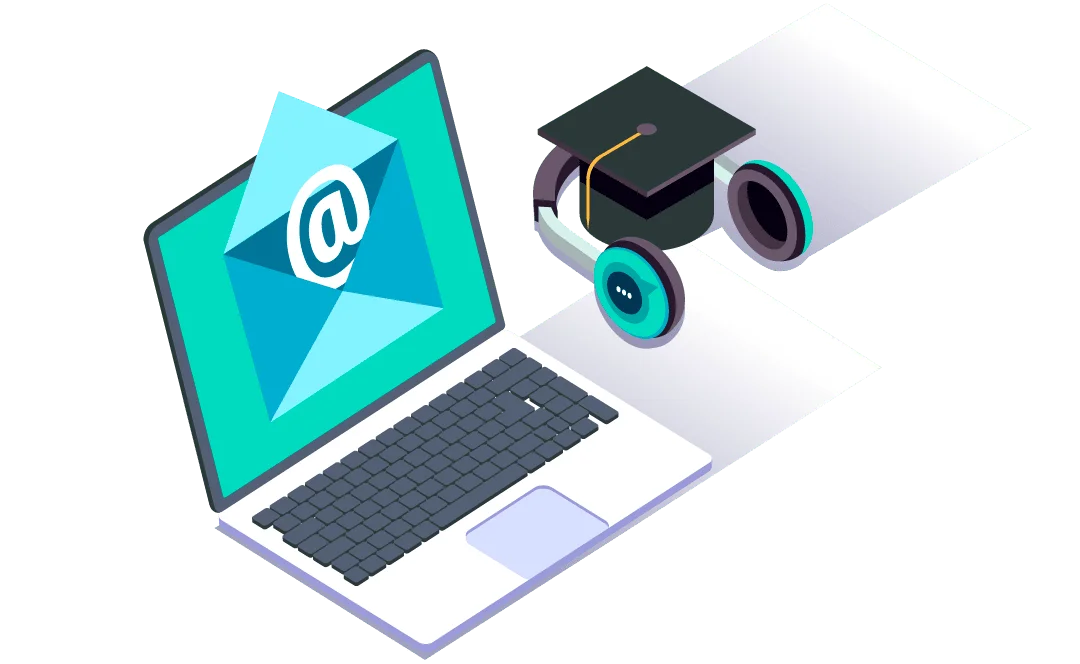
1. Application

3. Academic committee
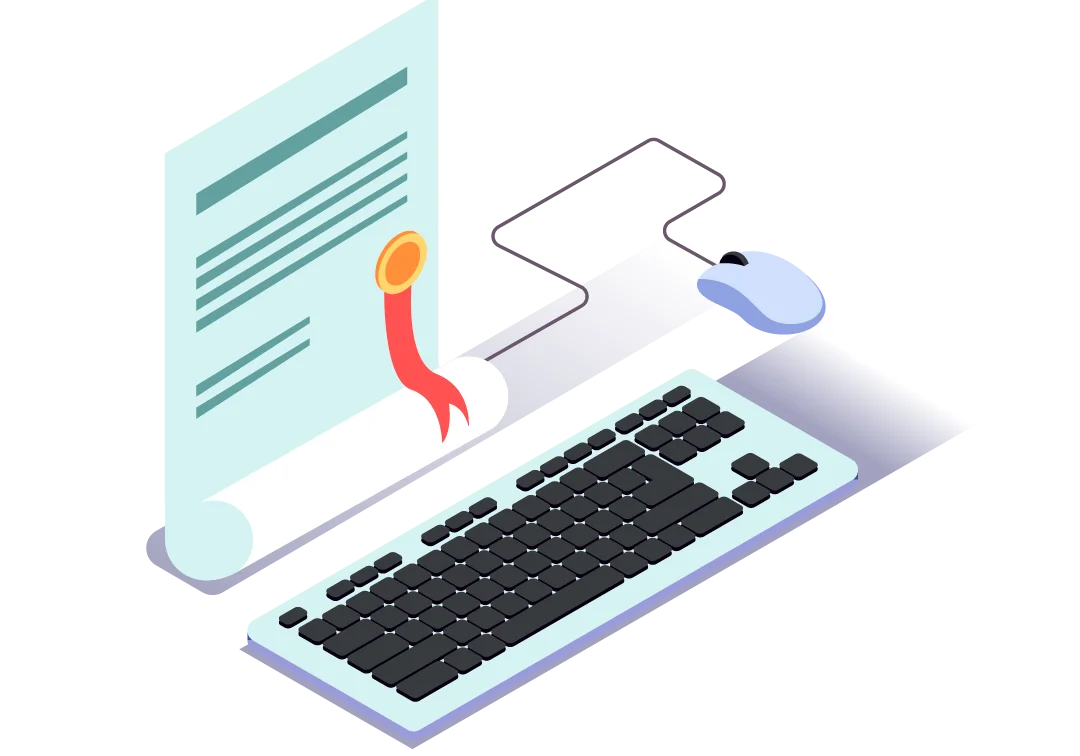
4. Enrollment

2. Personal interview
Designed to replicate an ecosystem of start-ups and tech companies, we’ve created a slice of Silicon Valley in the heart of Madrid.